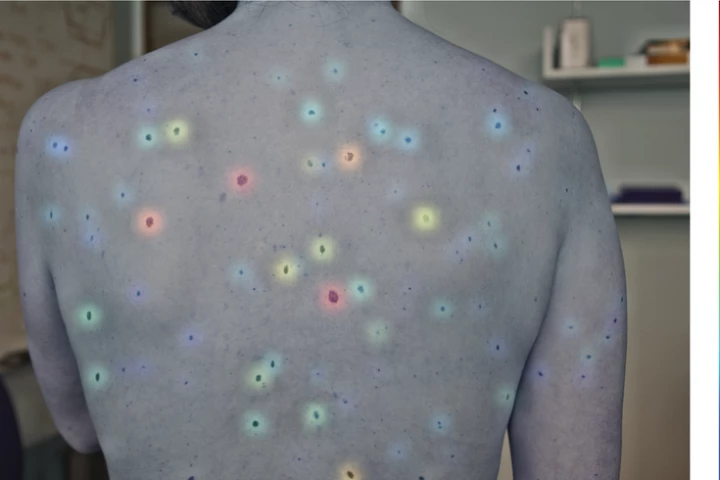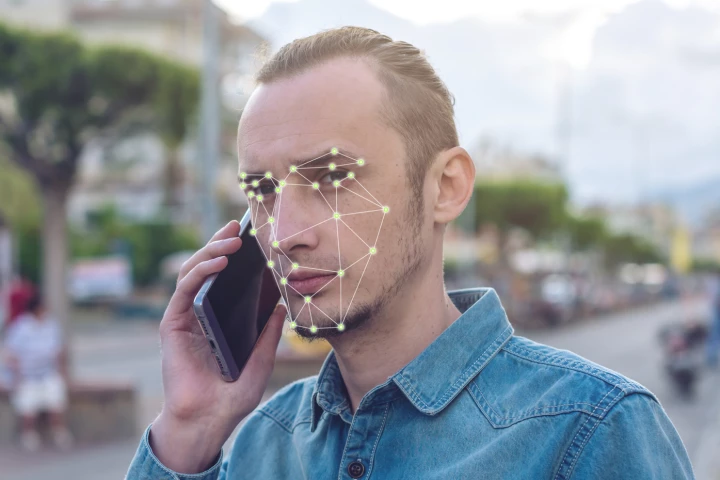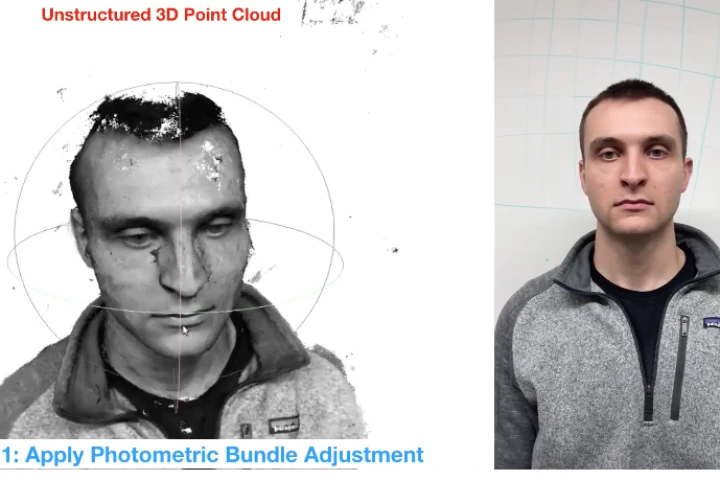Deep Learning
-
Early last year, MyHeritage made use of deepfake tech to bring old photos of deceased loved ones to life, and more than 100 million animations have since been created. Now the company is back with LiveStory, which adds vocal storytelling to the mix.
-
Genealogy company MyHeritage is putting deepfake technology to a creatively unsettling use with a new feature called Deep Nostalgia. The system animates old photographs of loved ones, turning still portraits into uncanny blinking and smiling videos.
-
Using AI to spot melanoma in its early stages is an exciting possibility, and a new deep-learning system developed by Harvard and MIT scientists promises a new level of sophistication, by using a method known as the “ugly duckling” criteria.
-
A new algorithm has been developed to detect coronary artery disease solely from patient facial photos. The algorithm needs more refinement but experts suggest there are ethical considerations to resolve before a system like this can be deployed.
-
Capturing the complexities of the human hand is very tricky. Now engineers have developed a new wearable system that uses thermal sensors to accurately predict hand positions, with potential applications in VR, robotics and translating sign language.
-
Lifeguards do play a vital role in the prevention of drownings, but at busy beaches, they can't always keep track of all the swimmers at all times. That's where Sightbit is made to come in, as it uses AI to catch what lifeguards may miss.
-
Ordinarily, if you want to create a lifelike 3D digital model of someone's face, a 3D scanner and/or multiple cameras are required. Now, however, scientists from Carnegie Mellon University have created a system that lets a smartphone do the job.
-
We've already seen several dog-like quadruped robots, which move by walking with their four backward-bending legs. Researchers at Florida Atlantic University are now getting in on the act, with their artificially-intelligent (and dog-headed) Astro robot.
-
They're known as deepfakes – photos or videos that have been very convincingly manipulated to depict people saying or doing things that they never actually said or did. They're potentially quite the problem, so an experimental new deep neural network has been designed to spot them.
-
Starting at the end of next year, some of Vienna's walk-light push-buttons will be disappearing from the city's pedestrian crossings. Instead, a new system will be trialled, that uses cameras and computers to visually detect when people wish to cross the road.
-
Using the latest trend in artificial intelligence – adversarial learning – Samsung has demonstrated that it can take a single image of a person and turn it into a talking head. And if watching the Mona Lisa come to life doesn't send chills down your spine, you need to check your pulse.
-
A deep learning model, trained on thousands of mammograms, can now predict whether a person is at a high risk of developing breast cancer. Better than any current model, the new system can identify subtle changes in breast tissue and determine how likely cancer could develop within five years.
Load More











